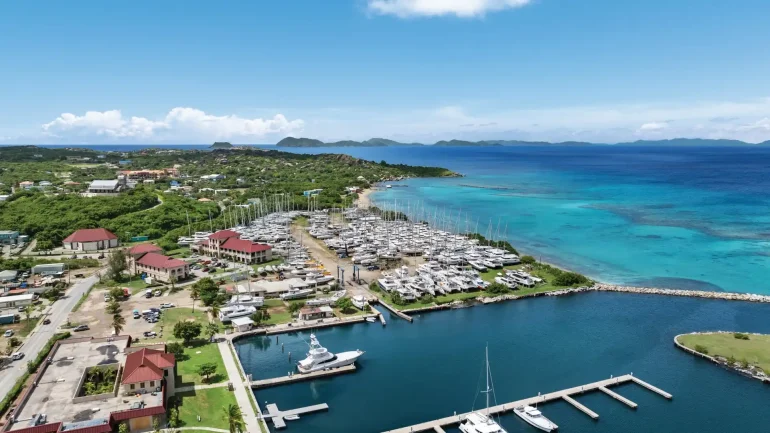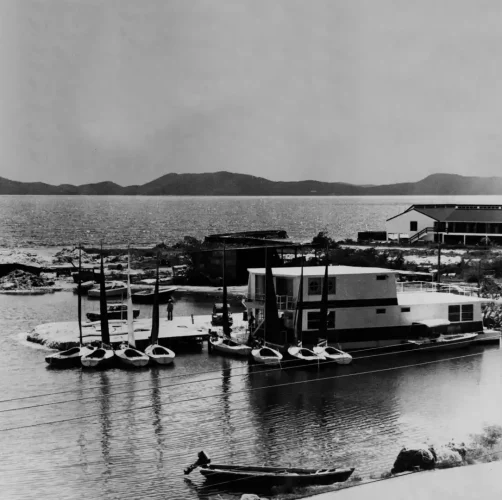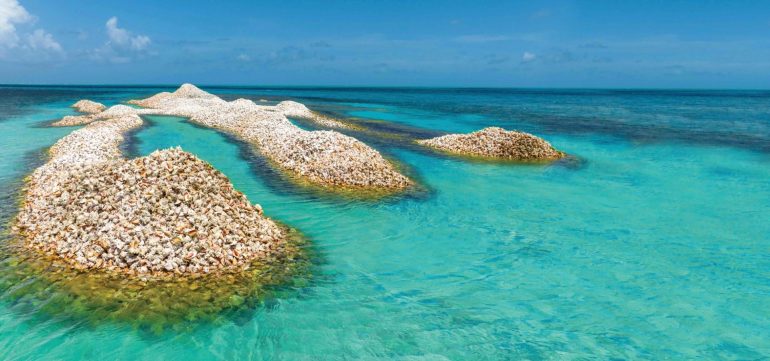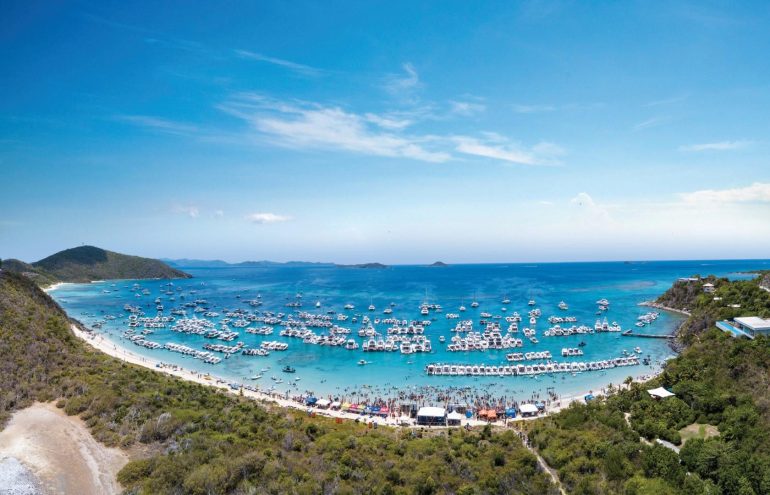This month, marine ecologist Dr. Gregor Hodgson, founder of the Reef Check Foundation, will visit the territory to assist Reef Check BVI, the Tourist Board, Conservation and Fisheries Department and the National Parks Trust in their efforts to raise awareness about surveying and maintaining the health of our reefs. During his stay in the BVI, Dr. Hodgson will lead a workshop, speak with government officials, host an assembly at Elmore Stoutt High School, establish EcoDiver training and examine our reefs from above and below the sea.

Reef Check conducted the first-ever global surveys of coral reefs in 1997. According to the Reef Check website, the information culled on that first survey confirmed the organization’s suspicions that the earth’s coral reefs “were in crisis due to overfishing, illegal fishing and pollution.” The results from those first surveys “shocked many marine biologists who had not realized the extent of the human impacts on reefs.” The BVI has been involved in Reef Check since those first surveys, and the team of volunteers here provided valuable data about our reef systems. Using data collected from the BVI and over 80 other countries around the world, Reef Check published its five-year report, The Global Reef Crisis:Trends and Solutions. Based on the report’s conclusions, “no reef in the world…remained untouched by human impacts,” but research in the report also shows that “with proper monitoring, management and protection, coral reefs can recover.”
When I spoke with Dr. Hodgson, he said that Reef Check’s aim for every island country and territory is for them to have their own coral reef management and monitoring program in place. “NGOs, government and the private sector need to work together every year to check on the health of the coral reefs and the potential problems and present them to a person in charge to try to address whatever problems may come up,” he said. While in the BVI, Dr. Hodgson wants to determine where the BVI is in the process of building to “this ideal goal of monitoring and management and how the Reef Check program in the BVI can be enhanced to reach that goal.”

To meet that goal, Dr. Hodgson asserted that it’s important for the BVI to increase the number of Reef Check survey sites. “Four sites on each island,” he said. “That’s a starting point.” But first the BVI needs to determine what our concerns are and design a monitoring plan for the territory. He cites Hong Kong as being an excellent example of how the community has joined together for this cause. Different organizations have teams that monitor each survey site. “Hong Kong has 30 teams,” Dr. Hodgson said. “The police department has a team. The fire department has a team. Universities. Dive Shops.”
The BVI could implement a similar program. I can imagine teams with diving enthusiasts from VISAR, Charter Yacht Society, Necker Island, Caribbean Realty, HLSCC, BVI Tourist Board, the rotary clubs, and others being responsible for their own Reef Check survey site. With this kind of focus, each team would be familiar with the specific site that they would visit every year, so they would be aware of changes, irregularities, concerns or improvements to their spot.
With Dr. Hodgson’s help, Reef Check BVI and its partners should be able to initialize a viable system to monitor and manage the reefs of the BVI.
For more information on Reef Check BVI, email [email protected].





